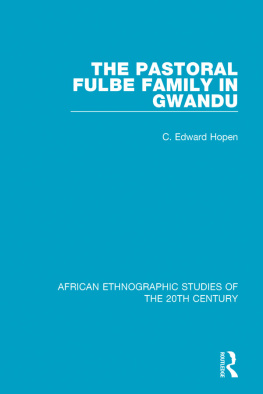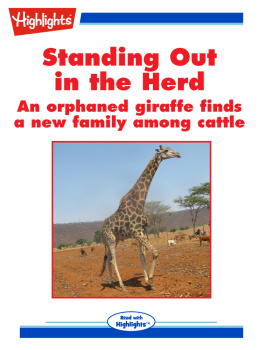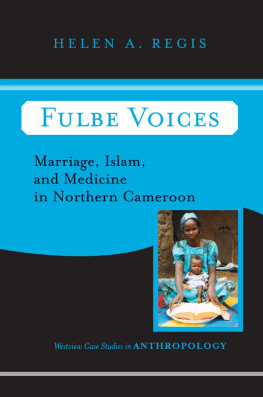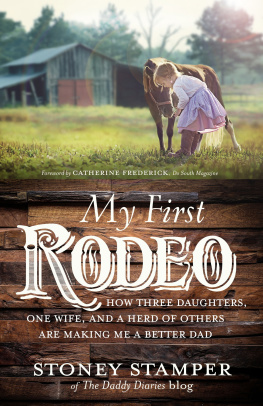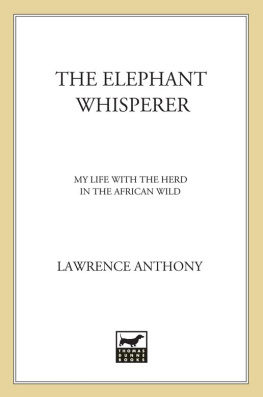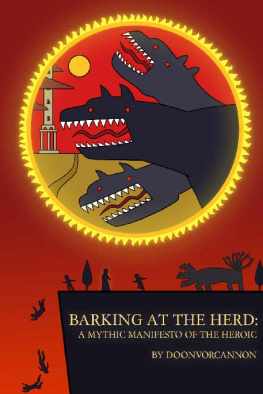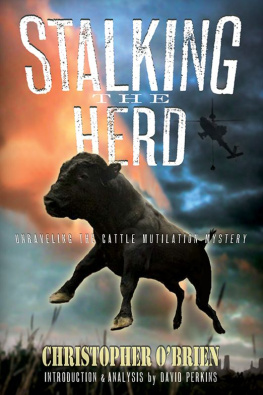First published in 1958 by Oxford University Press for the International African Institute.
This edition first published in 2018
by Routledge
2 Park Square, Milton Park, Abingdon, Oxon OX 4RN
and by Routledge
711 Third Avenue, New York, NY 10017
Routledge is an imprint of the Taylor & Francis Group, an informa business
1958 International African Institute
All rights reserved. No part of this book may be reprinted or reproduced or utilised in any form or by any electronic, mechanical, or other means, now known or hereafter invented, including photocopying and recording, or in any information storage or retrieval system, without permission in writing from the publishers.
Trademark notice: Product or corporate names may be trademarks or registered trademarks, and are used only for identification and explanation without intent to infringe.
British Library Cataloguing in Publication Data
A catalogue record for this book is available from the British Library
ISBN: 978-0-8153-8713-8 (Set)
ISBN: 978-0-429-48813-9 (Set) (ebk)
ISBN: 978-1-138-59431-9 (Volume 36) (hbk)
ISBN: 978-0-429-48895-5 (Volume 36) (ebk)
Publishers Note
The publisher has gone to great lengths to ensure the quality of this reprint but points out that some imperfections in the original copies may be apparent.
Disclaimer
The publisher has made every effort to trace copyright holders and would welcome correspondence from those they have been unable to trace.
THE PASTORAL
FULBE FAMILY
IN GWANDU
BY
C. EDWARD HOPEN
Published for the
INTERNATIONAL AFRICAN INSTITUTE
by the
OXFORD UNIVERSITY PRESS
LONDON IBADAN ACCRA
1958
D ISPERSED in a number of scattered clusters over a zone of more than 2,000 miles, extending from Senegal to beyond Lake Chad, in the interior of West Africa, live a series of ethnically related peoples who, distinguished by their speech, appearance, and pastoral traditions, have long been set apart from the farming populations of the villages and towns of the Western Sudan. Calling themselves Fule and more commonly known in Northern Nigeria by the local Hausa term Fulani, several of these groups have played a remarkable part in the economic life and political history of the chiefdoms and empires of the region. In particular, a Fulani-led Holy War (Jihad) at the beginning of the nineteenth century established their dominion over Hausa and other chiefdoms in what is now Northern Nigeria, and it was with a Fulani governing aristocracy that the British authorities had to deal when the Protectorate was established a hundred years later.
By that time the Fulani rulers of the chiefdoms had, for the most part, lost their pastoral traditions, but their cattle-herding congeners still migrated seasonally on the confines of the village lands. Indeed, the pacification and the later economic changes offered the pastoralists new opportunities to extend their migrations in search of pasture. Still more recently, the future role of the pastoral Fulani in the developing economy of Northern Nigeria has become a subject of increasingly urgent consideration. And similar problems concerning these cattle people have presented themselves in other parts of West Africa.
Yet, despite the intrinsic interest attaching to their way of life, the significant part their forebears had played in the political scene, and the practical needs and opportunities presented by their economy, surprisingly little systematic knowledge had until recently been gained concerning the material and social conditions of pastoral life in West Africa, or the factors underlying the tenacity with which the pastoral Fulani have maintained their ethnic and social separateness. Some external aspects of their life, the appearance of their camps, their herding practices, and the character of their more conspicuous ceremonies have been described, but the particular values and motives, the ecological and social pressures and rewards which sustained the herding household and camp group, and determined the seasonal movements of fluctuating encampments, remained mainly a matter of surmise. This ignorance resulted in large measure from the special difficulties involved in any attempt to establish intimate contact with migrating households and close observation of short-lived camp groups.
Recognizing the scientific and practical need to gain greater knowledge of the ecology and social life of these peoples, to ascertain the main variants in their patterns of seasonal migration and the degree to which, under differing conditions, they combined cattle-rearing with cultivation, the Council of the International African Institute some years ago approved a proposal to encourage intensive field studies among the pastoral Fulani in different parts of West Africa. It was fortunate in securing the assistance of the Rockefeller Foundation in financing one such study for which Mr. C. E. Hopen, the author of the present work, was appointed to a Research Fellowship. This enabled him to live and work among the pastoral Fulani of Gwandu Emirate in Northern Nigeria for two periods in 19523 and 19535. At the same time, Dr. D. J. Stenning, then a Goldsmiths Student of the University of Cambridge, undertook a field study of pastoral Fulani in West Bornu, and Mlle Dupire, attached to the Institut Franais dAfrique Noire, carried out similar investigations in the Niger Province of French West Africa and in the French Cameroons. In 1952, at an early stage in their field inquiries, the Institute arranged for a meeting of these research workers at Jos to enable them to exchange information and ideas on the development of their several researches and to take advantage of the long experience among the Fulani of Mr. F. W. de St. Croix of the Nigerian Veterinary Service, who kindly participated in their discussions.
It can confidently be anticipated that, as a result of these recent field studies, a number of scholarly accounts of various aspects of the culture and social life of several groups of pastoral Fulani will be forthcoming, which will enable social anthropologists, West African administrators, development officers and others to appraise the varying character and conditions of their economy and to gain a deeper understanding of their social life.
In the present study Mr. Hopen is mainly concerned to show in detail the interdependence of the family and its herd among the pastoral Fulani of Gwandu. But since the ecological and cultural setting of the Fulani household is both variable and unfamiliar, and since, as he shows, the economic and political conditions of the pastoralists have changed both internally and in relation to the wider community of the Hausa districts and Fulani emirates, he has prefaced this study of Fulani domestic economy with an account, derived in large measure from the traditions of the groups with which he lived, of the part played by pastoral Fulani in the political life of what is now Northern Nigeria and of the changes in their own fortunes that have flowed from the rise of the Fulani Empire, its later dissensions, and its pacification and control under a British protectorate. Against this background the reader will better appreciate both the extent to which the social context of pastoral life has been modified in response to recent conditions, and also the degree to which the particular code of obligation to one another and aloofness from other people, connoted by the term Fulfulde, has been sustained and has preserved in so great a measure the distinctiveness, exclusiveness, and self-reliance with which the pastoral Fulani still today impress the other peoples among whom they move.

